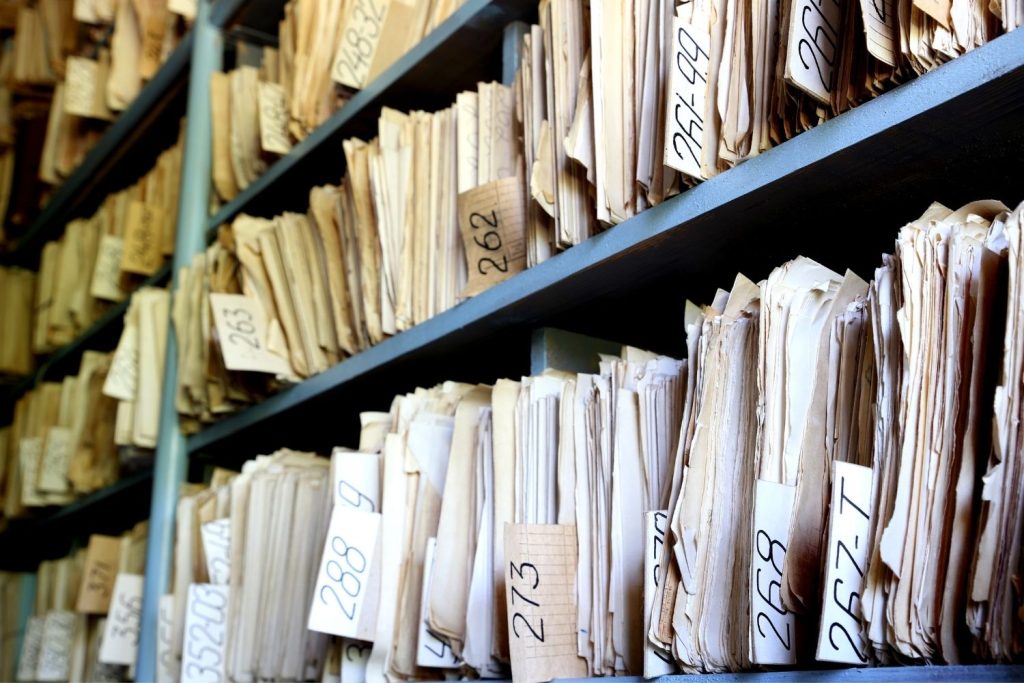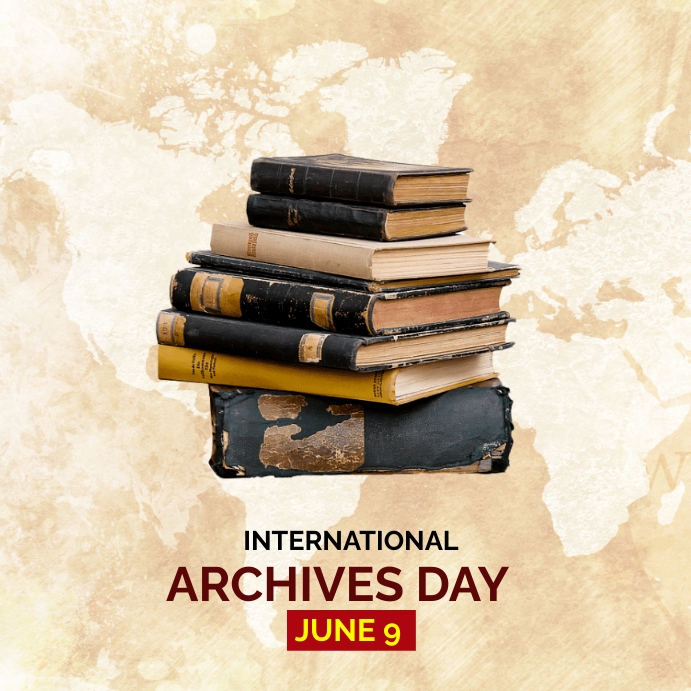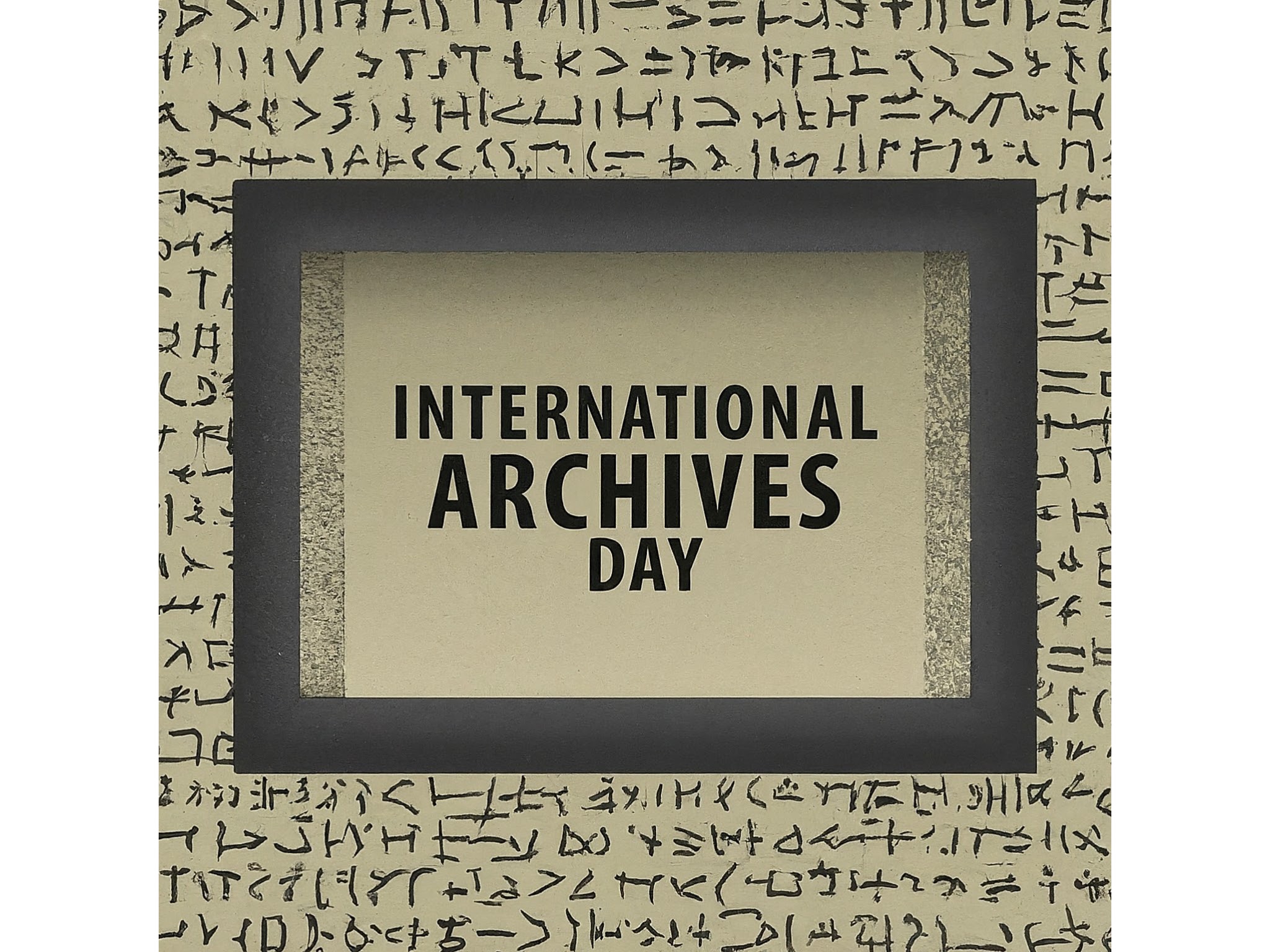Rewind to 1948 in Paris—a time marked by post-World War II reconstruction—where archivists from around the globe convened at UNESCO for a highly significant expert meeting. From June 9th to 11th, these custodians of historical memory gathered to exchange experiences, discuss challenges, and share their collective vision.
They fully grasped the significance of archives. Archives are not merely stacks of paper or text; they embody human civilization’s imprints—testaments to everything that’s transpired in history: personal and family stories, national transformations, scientific breakthroughs, artistic creations, records of pivotal decisions. These archives form our collective memory—a foundation for understanding our past, navigating our present, and envisioning our future. After enduring a war aimed at obliterating civilization itself, safeguarding these invaluable records became even more critical.

During this meeting, there was unanimous agreement on establishing an international body dedicated to coordinating global archival efforts—the birth of the International Council on Archives (ICA). In their ratified charter, they inscribed a solemn mission: archivists must unite “for all humanity” to protect these archives. This means that regardless of where these archives are housed or what language they’re written in, they hold collective memories belonging to all humankind and must be properly appraised and preserved.
The phrase “appraise and provide access” might sound technical but it carries profound humanistic implications. Appraisal involves discerning which records possess enduring value worthy of permanent preservation—a responsible choice for history’s sake. Providing access breaks down archival barriers so researchers, scholars—and indeed ordinary people—can examine these precious records; enabling historical voices to be heard and past experiences to enlighten today’s world.
Archives serve as shared heritage across humanity—they connect past with present and bridge diverse cultures and regions. Through them we gain insights into distant stories, resonate with emotions from different eras, recognizing our universal human experience.

Thus while forming ICA may seem institutional at first glance its essence is deeply rooted in humanism. It signifies a community committed to valuing memory enough to dedicate their lives towards its preservation—for all humanity’s benefit—to comprehend our origins better as we stride into the future together. That Paris meeting was just beginning global cooperation among archivists reminding us that protecting historical memory is everyone’s duty who cares about mankind’s fate.


